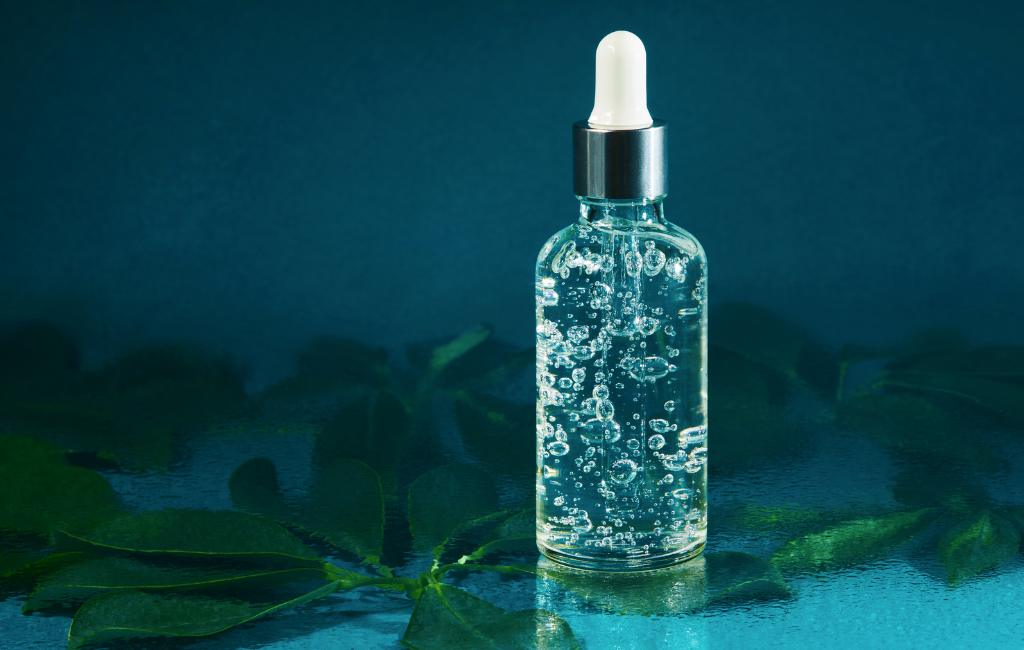Peptides Enhance Skin and Recovery

Peptides Enhance Skin and Recovery
In recent years, peptides have gained significant attention in the fields of dermatology and sports medicine. These small chains of amino acids are celebrated for their ability to enhance skin health and accelerate recovery processes. This article explores the science behind peptides, their benefits, and their applications in skincare and recovery.
Understanding Peptides
Peptides are short chains of amino acids, which are the building blocks of proteins. They play a pivotal role in various biological functions, including signaling pathways that regulate cellular processes. In the context of skincare and recovery, peptides are known for their ability to communicate with cells, promoting repair and regeneration.
Types of Peptides
- Signal Peptides: These peptides send messages to cells, encouraging them to produce more collagen and elastin, which are vital for skin firmness and elasticity.
- Carrier Peptides: They deliver trace elements like copper and magnesium to the skin, aiding in wound healing and tissue repair.
- Enzyme Inhibitor Peptides: These peptides slow down the breakdown of collagen, helping to maintain skin structure.
- Neurotransmitter Inhibitor Peptides: Often referred to as “botox-like” peptides, they reduce muscle contraction, minimizing the appearance of wrinkles.
Peptides in Skincare
Peptides have become a cornerstone in modern skincare formulations. Their ability to stimulate collagen production and improve skin texture makes them a popular choice for anti-aging products. Research indicates that peptides can significantly reduce the appearance of fine lines and wrinkles, leading to a more youthful complexion.
Case Study: Peptides and Anti-Aging
A study published in the International Journal of Cosmetic Science examined the effects of a peptide-based cream on skin aging. Participants who used the cream for 12 weeks reported a 30% reduction in wrinkle depth and a 20% increase in skin elasticity. These findings highlight the potential of peptides in combating signs of aging.
Benefits of Peptides in Skincare
- Improved skin barrier function
- Enhanced hydration and moisture retention
- Reduction in inflammation and redness
- Increased firmness and elasticity
Peptides in Recovery
Athletes and fitness enthusiasts are increasingly turning to peptides to aid in recovery. These compounds can accelerate muscle repair, reduce inflammation, and enhance overall performance. By promoting protein synthesis, peptides help in rebuilding damaged tissues, leading to faster recovery times.
Case Study: Peptides in Sports Recovery
In a study conducted by the Journal of Sports Science & Medicine, athletes who supplemented with peptides experienced a 25% reduction in muscle soreness and a 15% improvement in recovery time compared to those who did not. This demonstrates the efficacy of peptides in supporting athletic recovery.
Benefits of Peptides in Recovery
- Accelerated muscle repair and growth
- Reduced inflammation and joint pain
- Improved endurance and performance
- Enhanced immune function
Incorporating Peptides into Your Routine
For those interested in reaping the benefits of peptides, incorporating them into daily routines can be straightforward. In skincare, look for products that list peptides among their active ingredients. For recovery, peptide supplements are available in various forms, including powders and capsules.
Choosing the Right Peptide Products
- Check for clinical studies supporting the product’s claims.
- Opt for reputable brands with transparent ingredient lists.
- Consult with a dermatologist or healthcare provider for personalized advice.
Conclusion
Peptides offer promising benefits for both skin health and recovery. Their ability to stimulate collagen production, enhance hydration, and accelerate tissue repair makes them a valuable addition to skincare and recovery regimens. As research continues to uncover the potential of peptides, their popularity is likely to grow, offering new opportunities for improved health and well-being.